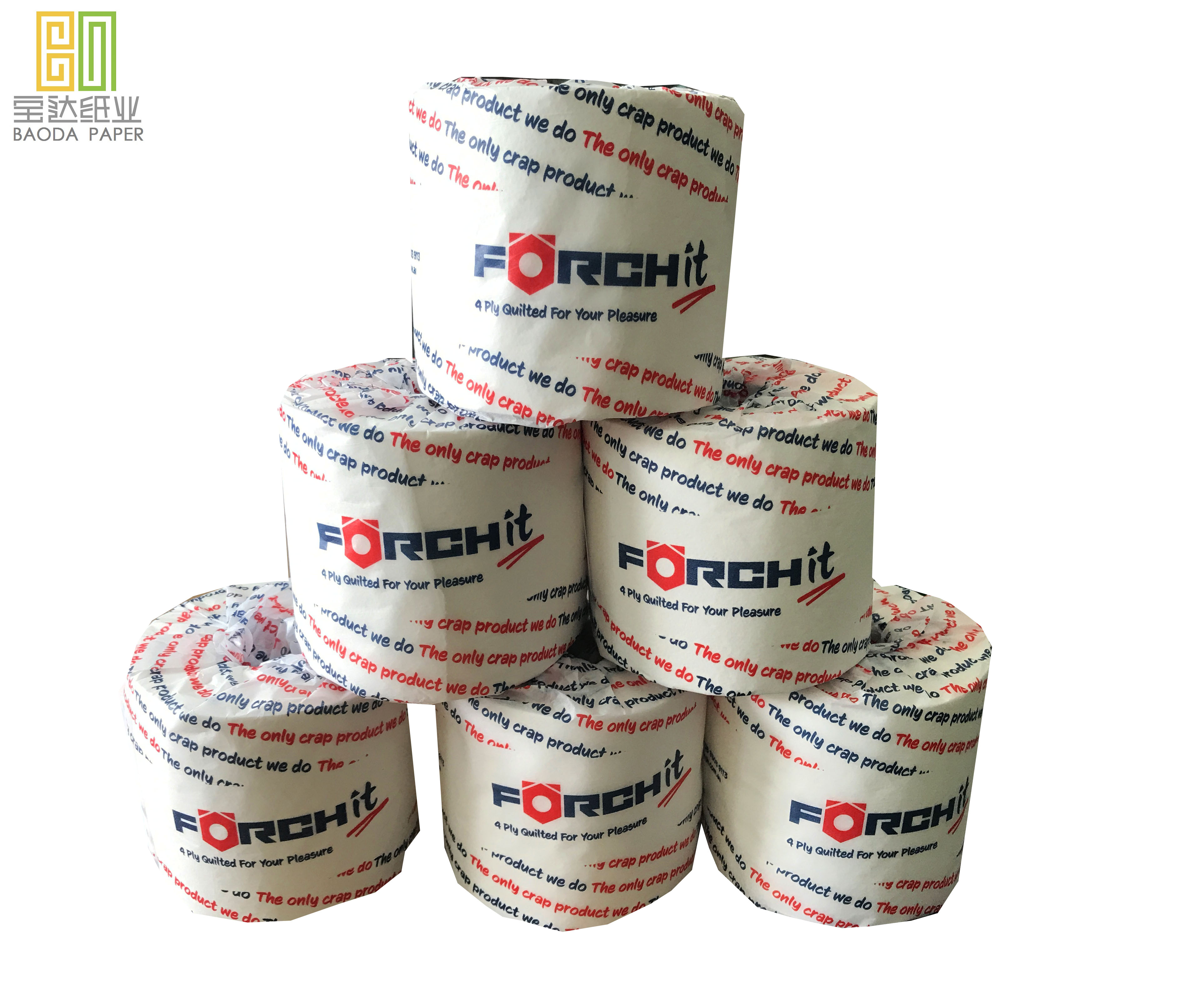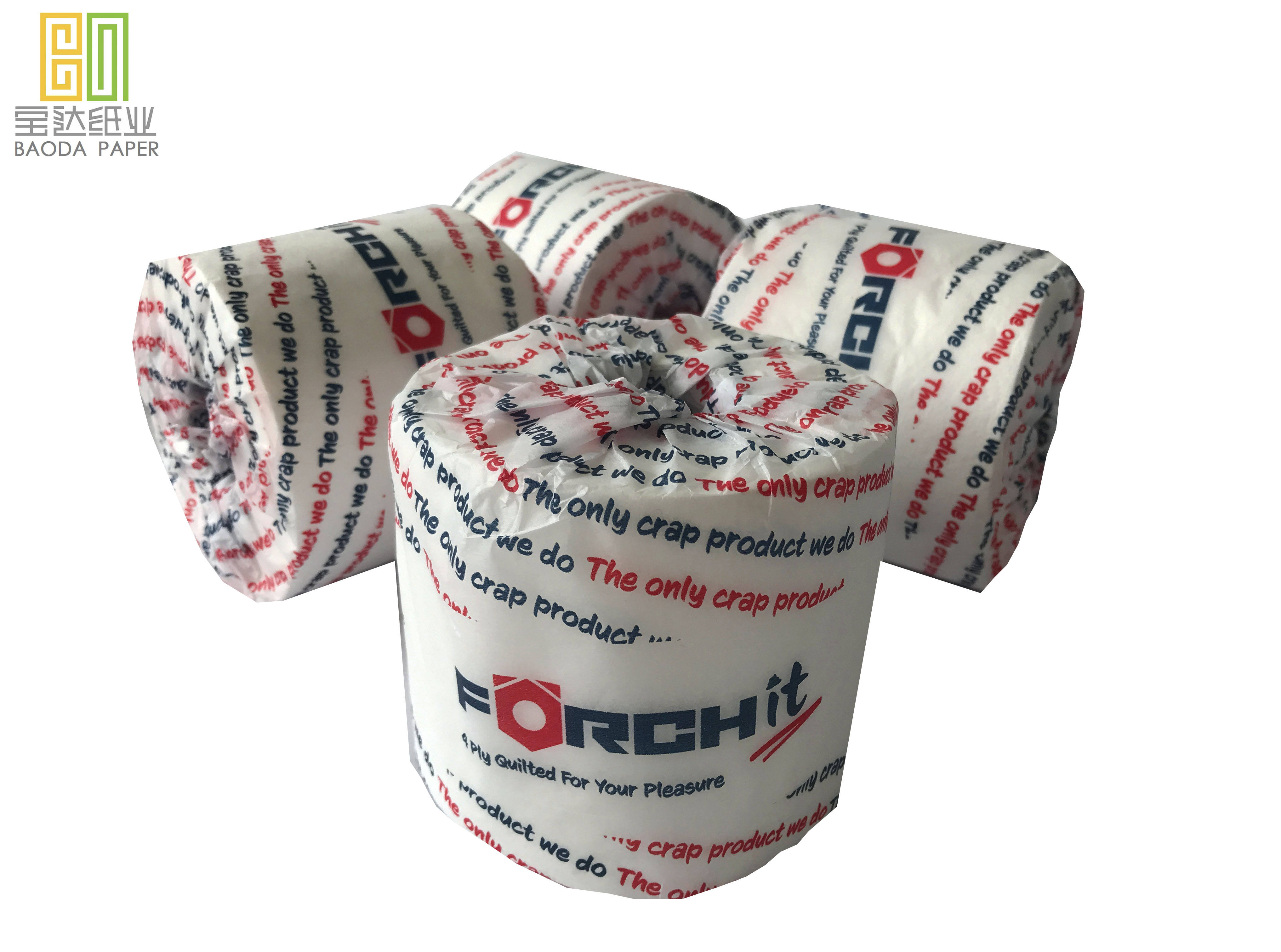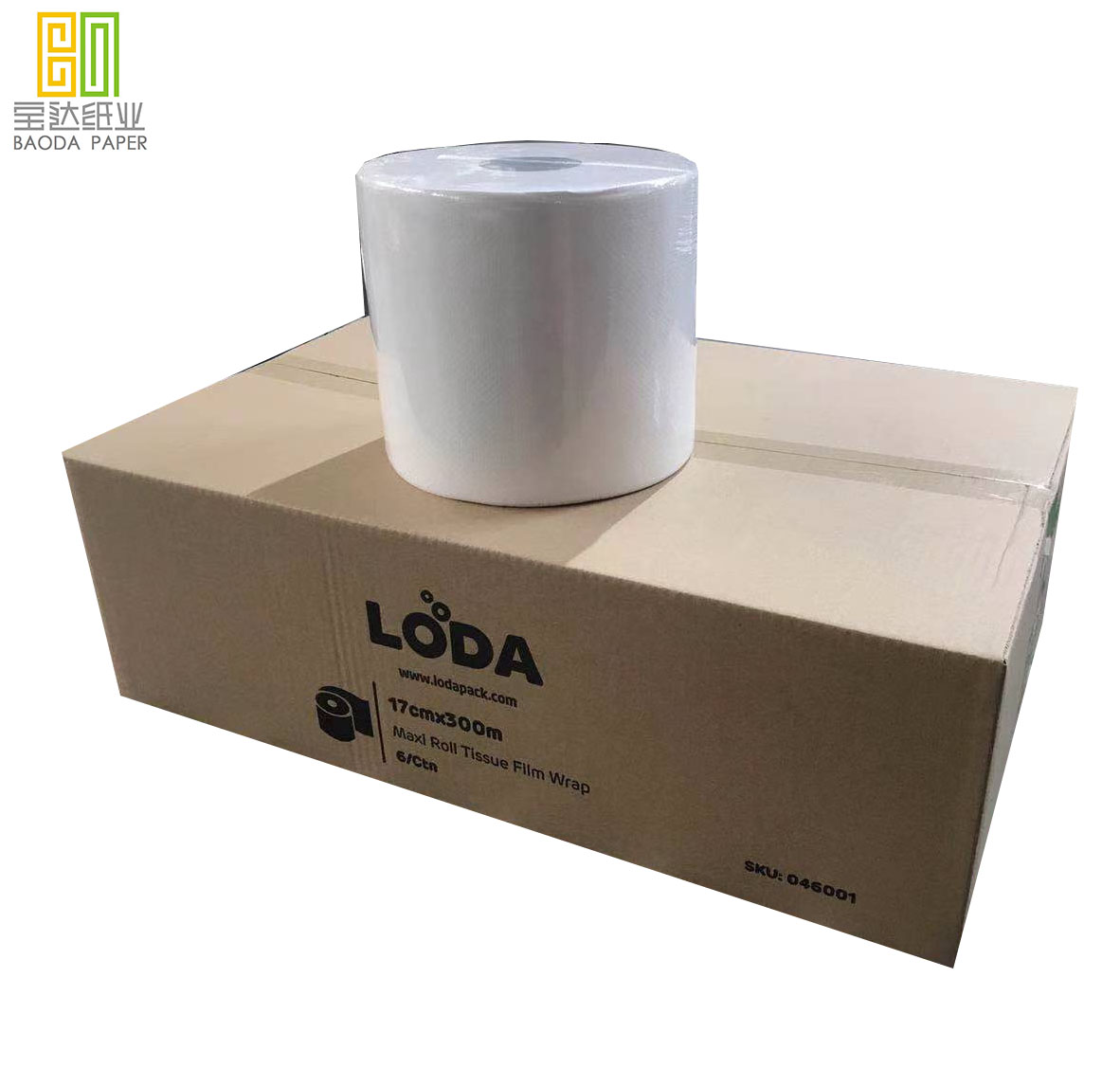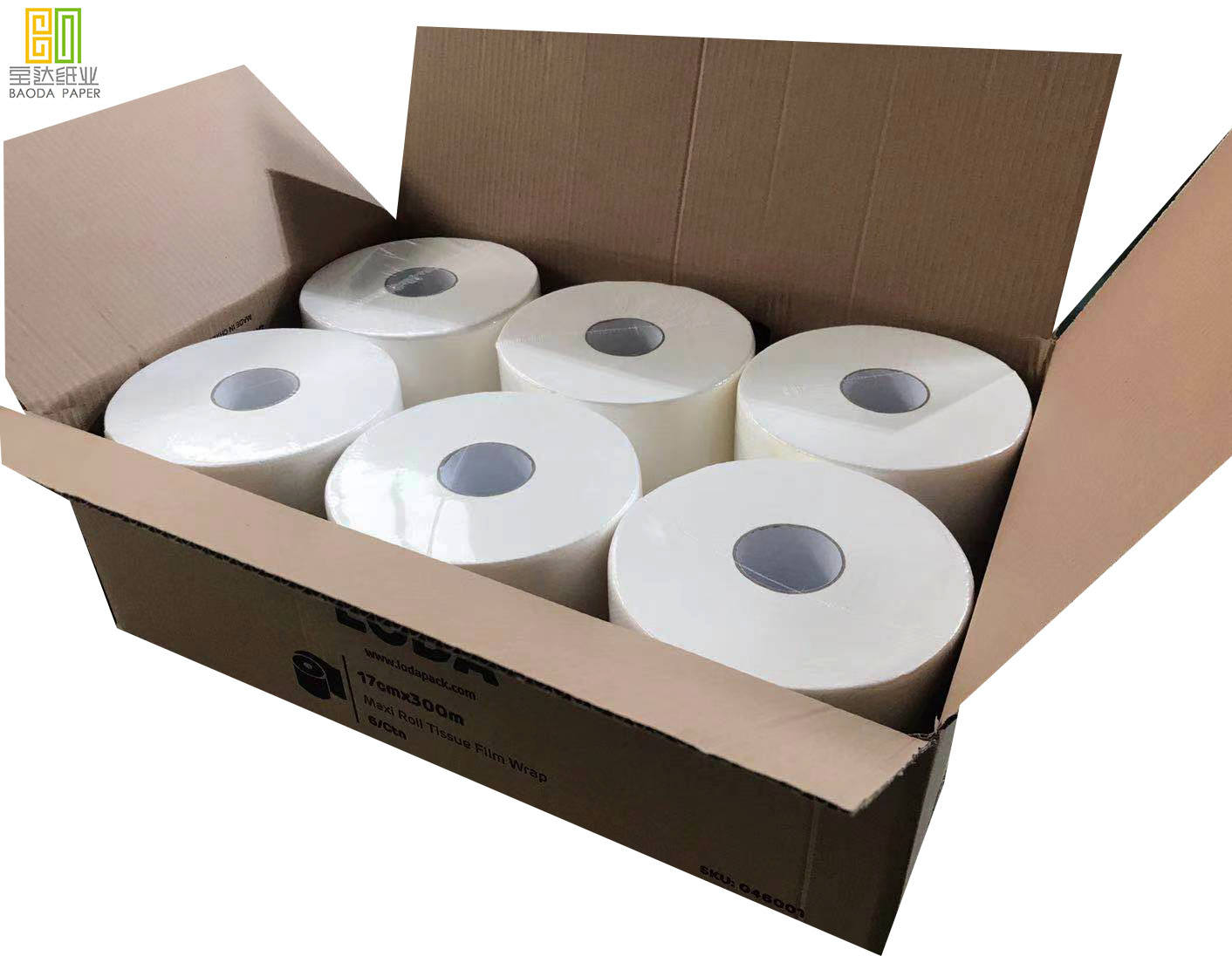Views: 0 Author: Site Editor Publish Time: 2025-06-06 Origin: Site
Pulp paper forms the foundation of countless daily-use products, from standard office paper to luxurious jumbo roll tissue paper. But what is it, how does it last, and can it withstand the elements? This comprehensive guide will unravel the mysteries of pulp paper, outline its numerous uses, and provide answers to common questions. By the end, we'll also introduce a trusted name in the industry, Baoda Paper, for all your pulp paper needs.
Pulp paper is created by breaking down raw plant materials, such as wood, bamboo, or recycled paper, into a slurry of fibers. This slurry, or pulp, is then processed, pressed, and dried into sheets of paper. The quality, texture, and durability of the paper depend on both the materials used and the processing techniques employed. Today, pulp paper is manufactured for a wide variety of uses. From delicate papers for artistic projects to robust industrial-grade materials, its versatility is unmatched. One stand-out category is jumbo roll tissue, a staple in commercial and public restrooms known for its cost-effectiveness in bulk quantities.


Wood fibers (pine, spruce, eucalyptus): Commonly used for strong paper products. Recycled paper: A sustainable choice.
Bamboo and other grasses: An eco-friendly alternative with rapid renewability. Understanding the fundamentals of pulp paper allows us to appreciate the role it plays in various industries.
The applications of pulp paper range from straightforward household uses to more intricate industrial processes. Below are some of the primary areas where pulp paper shines.
Household supplies such as tissues, paper towels, and napkins are primarily made from pulp paper. Jumbo roll tissue paper, ideal for commercial environments, combines utility with cost-efficiency. Office paper, packaging materials, and mailing envelopes are additional everyday examples.
Hygiene products, including toilet paper, rely on lower-density pulp paper for softness and absorbency. Jumbo roll tissue and jumbo roll tissue paper are often chosen for public spaces due to their capacity for handling high usage.
High-quality pulp paper is further used in the production of:
Filters for tea bags and coffee. Artwork and printmaking papers. Industrial materials, such as insulation and chemical filters.


Jumbo roll tissue paper, with its extra-long rolls, reduces the need for frequent replacements and is commonly seen in high-traffic areas like airports or hospitals. Its popularity highlights the efficiency and durability of pulp paper.
The longevity of pulp paper depends on its type, manufacturing process, and storage conditions. Generally, it can last for decades if cared for properly. Below, we explore key factors that affect its lifespan.
Pulp paper is susceptible to environmental factors such as humidity and light exposure. To maximize lifespan:
Store in a cool, dry place. Avoid direct sunlight, which can cause discoloration or weakening.
Acid-free paper: Manufactured to resist degradation over time, making it suitable for archival purposes.
Standard paper: Prone to yellowing and brittleness, especially if exposed to moisture or air pollutants.
| Paper Type | Lifespan (Under Optimal Conditions) |
|---|---|
| Acid-free paper | 50+ years |
| Recycled paper | 10–20 years |
| Standard paper | 5–15 years |
Pulp paper, in its natural state, is not waterproof. Since it is made up of plant fibers capable of absorbing water, exposure to liquids can weaken the material, cause swelling, or even lead to disintegration. However, there are ways to make pulp paper water-resistant:
Paper can be treated with waterproof coatings like wax or a polyethylene layer. For example:
Waxed paper is often used for food wrapping. Laminated paper is employed for durable packaging.
Specialty paper manufacturers may chemically treat fibers to enhance water resistance without adding coatings. This is common in high-end applications such as filter paper.
While jumbo roll tissue paper focuses on softness and absorbency rather than water resistance, papers with specific waterproof treatments are more suitable for outdoor displays or industrial scenarios.
Pulp paper’s advantages include its versatility, sustainability, and economic contribution. Below is a closer look at the notable benefits.
From soft tissues to sturdy cardboards, the range of products deriving from pulp paper is immense. Jumbo roll tissue, for instance, combines economical production with practical application in high-demand areas.
Many manufacturers opt for environmentally friendly methods, including using recycled pulp or rapidly renewable fibers. Bamboo-based pulp, for example, is an increasingly popular choice for sustainable production.
Pulp paper production has been fine-tuned for decades, enabling manufacturers to maintain high-quality outputs at affordable prices. The affordability of jumbo roll tissue paper resonates particularly with commercial buyers looking for economical bulk solutions.


Pulp paper is used across various industries. It is a primary material for household items like tissues and paper towels, office stocks like envelopes, artistic media, and industrial components.
Under ideal storage conditions, acid-free pulp paper can last 50 years or more. Regular paper typically has a shorter lifespan of 5–15 years.
No, natural paper pulp is not waterproof. However, added coatings or chemical treatments can make it resistant to water for specialized uses.
Yes, most jumbo roll tissue paper is recyclable as long as it is free from contaminants like food waste or oils.
Jumbo roll tissue is designed for high-capacity use in commercial spaces. Its longer rolls minimize the need for frequent replacements, reducing maintenance efforts.
When it comes to pulp paper products, Baoda Paper stands out for its unmatched quality and reliability. Their extensive experience in manufacturing guarantees exceptional results, whether you’re sourcing jumbo roll tissue paper for a business or specialty papers for niche applications. Choosing Baoda Paper ensures:
Premium-grade materials. Environmentally responsible practices.
Competitive pricing across all product categories. For further inquiries or to place an order,
Email: sale@baodapaper.com
Phone: +86-750-6895212
Pulp paper is integral to various industries, offering unmatched versatility and practical applications. From jumbo roll tissue paper to specialty items, its uses are endless. While understanding its characteristics helps in choosing the right product, partnering with a reliable supplier like Baoda Paper ensures top-tier quality and customer support. For all your pulp paper needs, be it jumbo roll tissue paper or other specialty products, reach out to Baoda Paper today. Their expertise, combined with their commitment to excellence, will meet and exceed your expectations.
| | Address: Xinyuan Industrial Development , Xinhui District , Jiangmen City, Guangdong province , China |
| | Custom Support & Sale: +86-750-6895212 |
| | phone: +86-13380963281 |
| | E-mail: sale@baodapaper.com??????? |